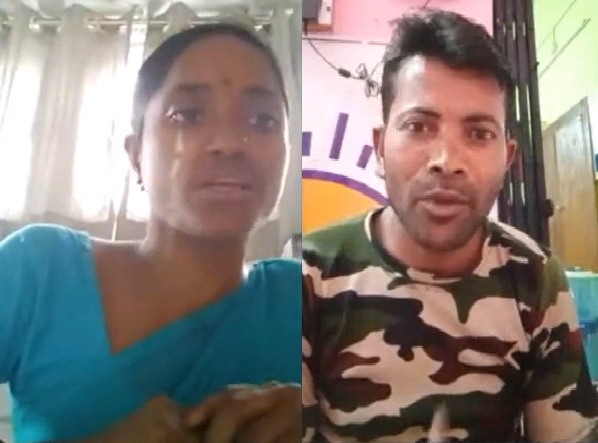Digital primary healthcare clinics: A boon to transform the health care sector in rural India
Details:
The burden of diseases among the underserved has increased due to the 'health gap' between urban and rural India. The primary reasons for the health gap between the urban and rural India can be identified to be in three significant baskets – shortage of doctors and community health workers, majority of the healthcare technologies are not suitable for the rural application, and difficulties in last-mile implementation due to the geographical, language, and cultural diversity.
S&T is at the heart of India's effort to provide health care. With the deployment of digital primary care clinics, digital technology has proven to provide access to timely and quality healthcare in West Bengal, Bihar and Assam. The digital primary healthcare clinics are based on three principles such as 1) Task-shifting from doctors to trained workers in the community, 2) Transformation of 'telemedicine' to 'digital health' and 3) Developing translational collaborations with S&T institutions for frugal technology innovation. These digital primary care clinics have proven beneficial in addressing the increasing health disparities between urban and rural communities.
With the initial support offered by DST (SEED Division), it was possible to establish two digital clinics in West Bengal in 2017-18 (after having developed the software and training the rural women as community health workers). Through the grant received from DST (SEED), the project was successfully executed by 2020. Today, in early 2022, 49 such clinics are present in three states in India (West Bengal, Assam, Bihar) and outside India (Nigeria). Although, given the need for the vast rural areas in India, further support from the government will be beneficial for scaling up the model.
"I moved to West Bengal to search for a job. I contacted the group, got trained, and passed the written exam to qualify as a health worker. Now we have earned enough and feel empowered," said Ms Soumita Mondal, a health worker at the digital primary care clinics.
This model has resulted in women empowerment and upliftment of the SC/ST communities by addressing the dual challenges of access to digital primary healthcare for the last mile population and capacity building among rural youth as health workers.
